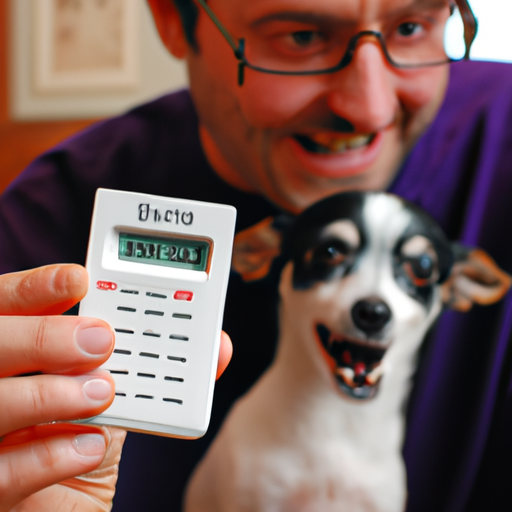Understanding the Cost of Canine Dental Procedures
The cost of pulling a dog’s teeth can vary greatly, from $100 to $1000, depending on a variety of factors. These can include the difficulty and complexity of the extraction, the size of your dog, the area you live in, and the vet’s individual pricing structure. But as a devoted dog parent, you’re likely willing to pay whatever it takes to ensure your furry friend’s health and comfort. Here’s a quick breakdown of potential costs:
| Service | Cost |
|---|---|
| Initial Examination | $50 – $200 |
| Blood Work | $80 – $200 |
| Anesthesia | $100 – $500 |
| Tooth Extraction | $10 – $100 per tooth |
| Medications | $20 – $50 |
Why Dental Health is So Important for Dogs
You may be wondering, “Why do dogs need their teeth pulled in the first place?” Just like humans, dogs can suffer from a variety of dental problems, from mild cases of bad breath and plaque buildup to serious conditions like gum disease and tooth decay. These issues can cause pain and discomfort, and if left untreated, can lead to more serious health problems.
- Prevention is key: Regular brushing, dental chews, and professional cleanings can help prevent dental problems.
- Early detection is crucial: Regular check-ups with your vet can catch potential issues before they become severe.
- Treatment can save lives: If a problem is detected, timely treatment can prevent further complications and improve your dog’s quality of life.
The Process of Pulling a Dog’s Tooth
If your vet determines that a tooth needs to be pulled, it’s not something to be taken lightly. Here’s what you can expect:
- Pre-surgery examination and blood work: This ensures your dog is healthy enough for anesthesia and surgery.
- Anesthesia: This is necessary to keep your dog comfortable and still during the procedure.
- Extraction: The vet will carefully remove the tooth and clean the socket to prevent infection.
- Post-surgery care and medication: Your dog may need pain medication and antibiotics, and will need a soft diet for a few days.
Paying for Your Dog’s Dental Care
Dental care for dogs, especially procedures like tooth extractions, can be expensive. But there are several ways you can manage these costs:
- Pet insurance: Some pet insurance plans cover dental care and procedures.
- Payment plans: Some vets offer payment plans to help spread out the cost over time.
- Low-cost clinics: Some areas have low-cost veterinary clinics or charities that can help.
The Emotional Cost of Dental Care
The financial cost of pulling a dog’s tooth is just one aspect to consider. It’s also important to consider the emotional toll it can take on both you and your dog. It can be stressful to see your dog in pain or discomfort, and the recovery process can require a lot of patience and care. But remember, you’re doing this to improve your dog’s health and comfort in the long run.
FAQ
Q: How often should I brush my dog’s teeth?
A: Ideally, you should brush your dog’s teeth daily. However, even a few times a week can make a big difference.
Q: Can I use human toothpaste to brush my dog’s teeth?
A: No, you should always use a toothpaste specifically designed for dogs.
Q: How can I tell if my dog has a toothache?
A: Signs can include bad breath, difficulty eating, pawing at the mouth, and changes in behavior.
Q: What can I do to prevent dental problems in my dog?
A: Regular brushing, dental chews, and regular check-ups with your vet can all help prevent dental problems.



